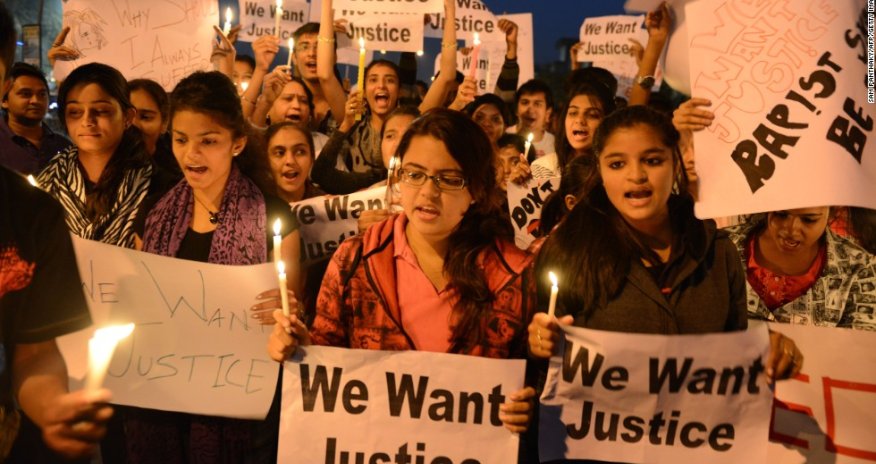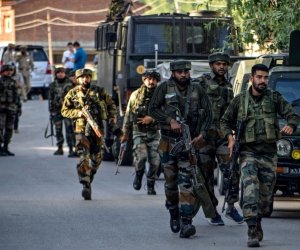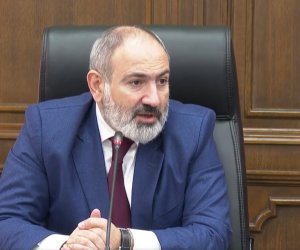India's ban on rape documentary is 'based on nothing'

The maker of a controversial documentary about rape in India, Leslee Udwin, told CNN she is shocked by the Indian authorities' move to ban the film without even having seen it.
The storm over "India's Daughter" blew up out of nowhere and is "based on nothing," Udwin said, in an interview for CNN's "The World Right Now with Hala Gorani."
"The tragedy here is it's a missed opportunity for India to actually show by embracing the film... to show the world that India is as concerned as the rest of the world is to put gender inequality on the agenda," she said.
The BBC documentary featured an interview with one of the men convicted in an infamous 2012 gang rape case in New Delhi that sparked massive outrage and protests in India.
An Indian court restricted the publication and airing of the film in India as well as the dissemination of excerpts from it after comments by Mukesh Singh, the interviewed convict, were released in several media outlets. Singh appeared to show no remorse and blamed the rape victim for being out at night, according to the documentary.
The government has also asked Google to remove excerpts of the film from video sharing site YouTube.
A Google India spokeswoman, Paroma Roy Chowdhury, said it would comply on the Indian YouTube site, "as we are required to do so by the local law."
A statement from the company read: "While we believe that access to information is the foundation of a free society, and that services like YouTube help people express themselves and share different points of view, we continue to remove content that is illegal or violates our community guidelines, once notified."
'No remorse ... no emotion'
Udwin told CNN the restrictions appear to have been motivated by fear of "public disorder."
"I presume they mean protests," she said.
It was, in fact, the street protests, not the brutality of the crime, that first inspired Udwin to make the film.
But Udwin, who spent 16 hours interviewing Singh in prison over the course of three days, said the experience was chilling.
"He told me everything that happened that night, he told me everything about his attitudes towards society, women, hanging, all sorts... He blamed her -- the society blames girls, the society itself," she said.
"Look here's the thing: All this hysteria... people must understand these men are products of a learned attitude. They are programmed, they are brainwashed. The society itself tells girls to stay indoors after dark."
Udwin said she had done everything she could to elicit a human response from Singh. She even had a list of the girl's horrific rape-inflicted injuries, from which she died, read to him in Hindi while she recorded his face.
"There were a few twitches but there was no remorse, there was no emotion, I don't think he is capable of emotion," she said.
Udwin: Gender inequality drives sexual violence
Singh, who was driving the bus on which the girl was attacked while traveling home from the movies with a male friend, is now on death row and has filed an appeal.
But all Singh says about how he, and the other men convicted over the rape, have been treated is to ask why such a fuss is being made about them when "everybody's doing it," Udwin said.
At the heart of the matter, she said, is the issue of gender inequality.
From birth, boys in India and many other countries are accorded a higher status than girls, so it's unsurprising that they go on to treat women as lesser beings.
She compares gender inequality to a cancerous tumor that shows its spread through offenses against women.
The dead girl's father, who is also interviewed in the film, explained that in order to send his daughter to medical college, he sold a piece of ancestral land -- a big deal in India, Udwin said.
"When he did that, his whole family was in revolt," said Udwin. "They said, 'Why are you selling it to educate a girl?'
"Now that is a comment that is in the documentary, uttered by the father. Why is nobody saying to me, 'How dare you put that comment in the documentary'?"
Permissions to film 'cast iron'
In a statement, India's home minister said the documentary crew violated the conditions granting the jail interview, which stipulated that the authorities be shown all unedited footage.
But Udwin strongly rejected that claim.
"It would appear that the home minister has been utterly misinformed," she said. "The permissions to interview this man were absolutely cast iron and all of the conditions imposed by them were obeyed by me and my team."
Udwin also speaks out for the "massive swaths of Indian people who are so forward looking, who are so embracing of change and are agents of that change.
"There are extraordinary women's groups who have been working for generations towards this change. Those protests were so admirable -- that's what took me out there."
And she stresses that the issues of gender inequality and sexual violence against women are not confined to India.
The film ends with a series of statistics on sexual violence from other countries, she said, including the United States and United Kingdom.
This means that "no viewer is is left off the hook at the end of the film in terms of thinking, 'This is something that happens to people over there.' This happens to us, to every country," Udwin said.
(CNN)
ANN.Az
Similar news
Similar news
Latest news 
More news 



































 Photo
Photo 



 Video
Video 

